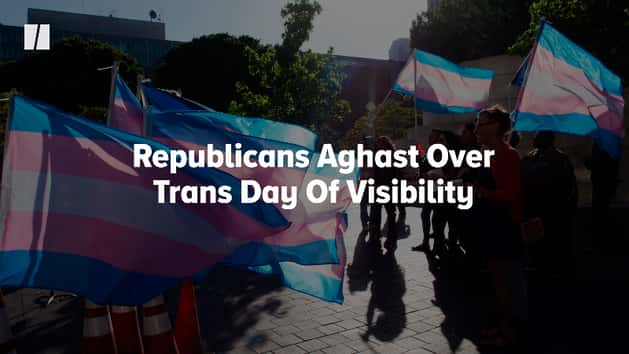The school district added the provision of “biological sex” to its dress code after LGBTQ+ students complained that they couldn’t wear clothes that expressed their gender identity, said Liz Davis, a fellow at the ACLU’s Women’s Rights Project.
Dress codes have been around for a long time and have always been followed by school officials. As a record number of anti-LGBT costs have been introduced in statehouses across the country, there has been a renewed effort this year to enact policies that are more directly stringent to queer, transgender, and gender nonconforming learners.
Students who are subject to bullying because of dress code infractions can miss class or face suspension, and they could also face emotional distress from being told to change, she said.
Sex-based dress codes frequently mandate that girls wear skirts or dresses of a certain length while boys are required to wear pants. Advocates claim that these guidelines promote rigid gender stereotypes and dated, misogynistic ideas of how girls should dress around boys. And they make it impossible for less traditional gender expression.
Similar anti-LGBT bills and policies are prevalent in schools and elsewhere because of “biological sex,” which are heavily reliant on “biological sex.”
Policies that claim to codify the definitions of “male” and “female” to exempt trans people from those categories frequently use overly specific language that also disregards intersex people. The idea was first brought up by Independent Women’s Voice, a conservative group that has argued that only spaces and activities should be protected from trans people’s inclusion.
Some state-level laws now include sex definitions that explicitly forbid trans people from updating their drivers licenses or state IDs, making it more difficult to travel and exist in public spaces.
As more and more anti-LGBT legislation clarifies how LGBTQ+ students can and cannot express themselves and participate in academic activities, Davis said she would not be surprised if more schools across the nation adopted policies that explicitly state “biological sex provisions.”
According to Davis, those kinds of provisions are likely to violate Title IX, a 1972 federal law that prevents discrimination based on sexual orientation in public schools and colleges.
The Biden administration expanded the definition of sex discrimination to include gender identity and sexual orientation in its long-awaited spring release. More than a dozen red states have since acted in response to this updated interpretation.
Many. The Republican nominee for president has pledged to overturn Title IX and impose restrictions on Title VII, which forbids discrimination based on sexual orientation and gender identity.
“The country has to decide. Do we want to live in a place with “some of the most regressive politics in the states where right-wing elected officials have control over everything, including the way you dress, how you identify, the name and pronoun you use, and what bathroom you can access”? Brandon Wolf, the press secretary at the Human Rights Campaign, told HuffPost earlier this spring. Or “Or do we want to live in a place where we have the freedom to be ourselves and to choose our own bodies?”

